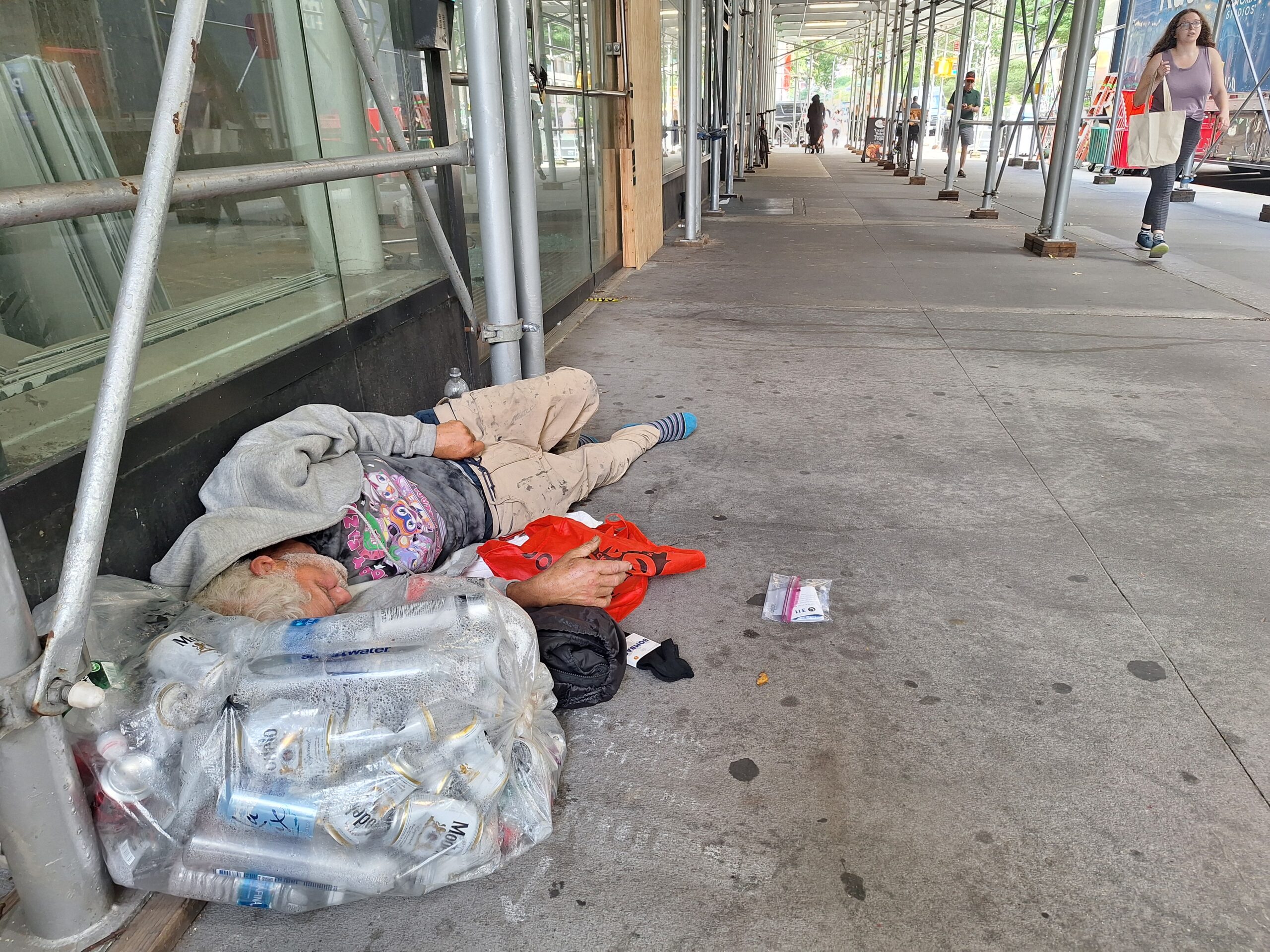Grassroots organizations and elected leaders called Manhattan Supreme Court Judge Lyle Frank’s decision “cruel and inhumane” when he ruled Thursday that the City Council lacked the authority to expand access to City FHEPS housing vouchers for people facing eviction or New Yorkers who earn more than current rules allow.
Tenants who receive these vouchers typically pay 30% of their income toward rent, and this program covers that amount.
The ruling is a victory for Mayor Eric Adams, who vetoed the measures in June 2023.
The mayor’s legal team argued that state law justified blocking the measures and claimed it would cost billions of dollars to enact them.
City attorneys “established that the City FHEPS reform laws are invalid because the state rule empowers local social service agencies, not legislative bodies such as the City Council, to set eligibility rules,” Frank wrote in her decision.
The leaders of the city council who approved these measures have promised to appeal the decision.
According to city statistics, approximately 11,000 households are currently using CityFHEPS vouchers to help pay their rent.
A lifesaver
Murad Awawdeh, president of the New York Immigration Coalition, lamented the court ruling, noting that this expansion of CityFHEPS vouchers would have been a lifeline for vulnerable families trapped in the shelter system and at risk of eviction.
“This decision is a devastating blow to low-income families and to any of us who may face difficult times in the future. We support the Council in appealing this decision, and we implore the Mayor to begin implementing real solutions to the problems facing so many New Yorkers.”
Awawdeh’s interpretation is that the ruling also marks a serious setback for thousands of low-income New Yorkers who are struggling to pay rent as the availability of affordable apartments continues to fall to historic lows and rental costs across all five boroughs continue to rise.
The mayor also defended his position, saying that “if we consider the number of people who currently have CityFHEPS vouchers… and now they want to add a substantial increase in people, the program will be overloaded.”
In a statement, Ombudsman Jumaane Williams spoke out against the court’s decision, predicting that the housing crisis will only worsen.
“The Adams administration’s cold, callous refusal to implement another twice-passed law by the Council, its decision to take this case to court instead of helping people access housing, will leave many New Yorkers without options. This mayor professes to care about affordability, but has once again failed to prioritize the needs of the city over his personal politics,” she concluded.
In detail: What stopped?
- The new laws, as approved by the City Council, would have allowed voucher holders to rent apartments for the full amount of the voucher, without having to first deduct utility costs, putting CityFHEPS families on par with Section 8 assistance holders.
- Income eligibility would be increased from 200% of the poverty line to 50% of the area median income.
- Eligibility for these housing “vouchers” would be expanded to any income-eligible household at risk of eviction, and would prevent the City from basing eligibility on employment status. That means New Yorkers who are employed but are burdened by high rent costs could qualify.
